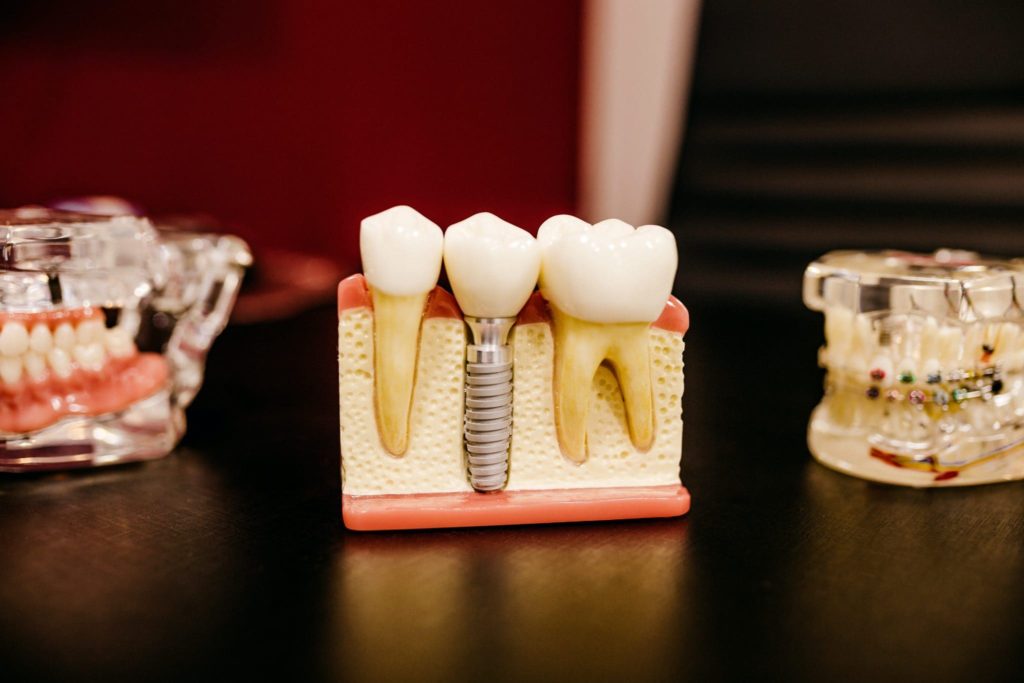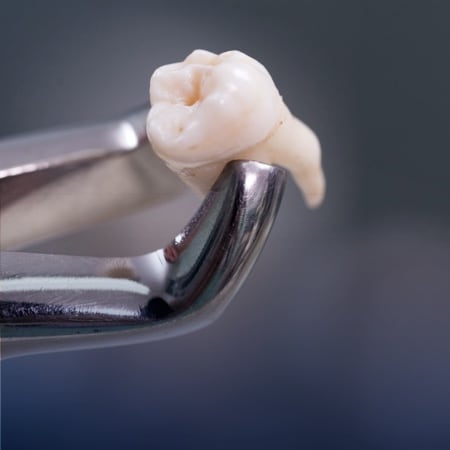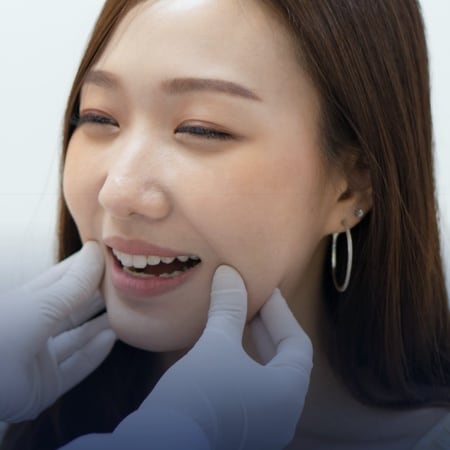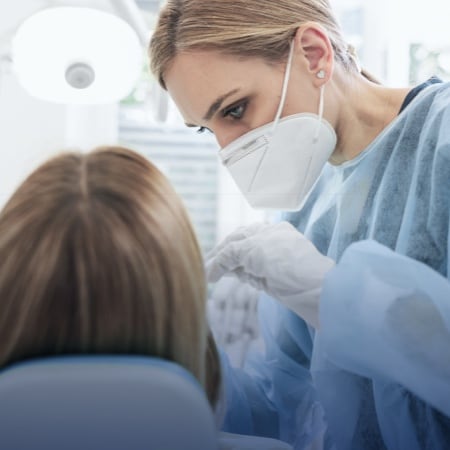Here at CVOS Oral Surgery, our wisdom tooth removal services are some of our most popular, and therefore is one of the most common topics we respond to questions about.
While we already have an entire document dedicated to same-day extraction and general extraction treatment FAQs, we wanted to dedicate today’s blog to answering your most frequently-asked questions pertaining to the medical side of wisdom tooth (or teeth!) removal.
“What Are Wisdom Teeth? Why Do They Need to Be Removed?”
This question is often asked by our teenage patients. Defined as the third molars in the back of the mouth, wisdom teeth are removed if they:
- Cause pain or damage to surrounding teeth
- Experience repeated infections
- Trigger cysts or tumours around the teeth
- Are a source of gum disease or tooth decay
Oftentimes, dentists will also recommend removing wisdom teeth if they do not fully emerge from the gums (as is common with wisdom teeth). Depending on the state of your wisdom teeth, dentists will suggest removing non-emerging wisdom teeth if they: crowd surrounding teeth, as an average adult mouth can only comfortably fit 28; only partially emerge; or become “impacted” within the jaw.
Because wisdom teeth are simpler to remove at a younger age due to the accompanying roots and bones not being fully formed yet (resulting in a faster treatment recovery), consult with your dentist if you have wisdom teeth concerns to ensure that they are dealt with swiftly.
“What is CVOS Oral Surgery’s Wisdom Tooth Removal Process?”
Starting with an oral examination and x-ray session conducted by our team, we here at CVOS Oral Surgery determine the existing positions of your wisdom teeth and evaluate the potential risk level of future related problems. As mentioned above, we ideally screen patients in their mid-teens to circumvent wisdom teeth-related discomfort and ensure a prompt recovery post-removal.
Our team typically executes wisdom tooth removal services with the patient under intravenous sedation (more commonly known as “general anesthesia”.) This, as well as any and all surgical risks— such as potential sensory nerve damage or sinus complications— are discussed in-depth with patients ahead of the procedure.
Post-procedure, we insist that patients rest under our team’s supervision in our office until they feel ready to go home. Once discharged, we will provide a postoperative kit that includes everything patients need to recover quickly and safely.
This encompasses:
- Step-by-step postoperative instructions
- A prescription for pain medication
- (If required) Antibiotics
- (If required) One follow-up appointment to monitor healing one week post-procedure
“What is the Average Recovery Time for Wisdom Tooth Removal?”
To round off our compilation of FAQs, we’ll answer the most frequently-asked one: “What is the average recovery time for wisdom tooth removal?”
The answer is up to two weeks to fully recover. The typical timeline for recovery looks like: blood clots forming within the first 24 hours; swelling going down in the cheeks and mouth within two-to-three days; seven days until the dentist removes the remaining stitching; seven-to-ten days for jaw soreness to ebb; and, last but not least, two weeks for any mild facial bruising to resolve.
To guarantee a speedy recovery, the first 24 hours are crucial. We here at CVOS Oral Surgery recommend to not brush the teeth next to the gauze, not to rinse the mouth, not to drink hot drinks, and not to chew or suck on food and drink to avoid disrupting the newly-formed blood clots.
CVOS Oral Surgery is Here to Be Your Guide on Wisdom Teeth Removal
Reach out to us today to book your first (or next!) appointment.










